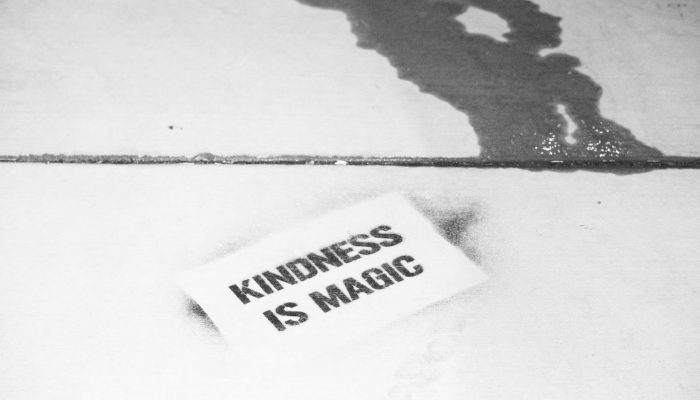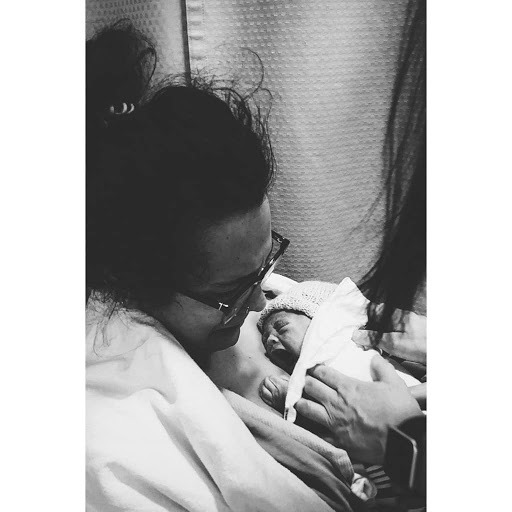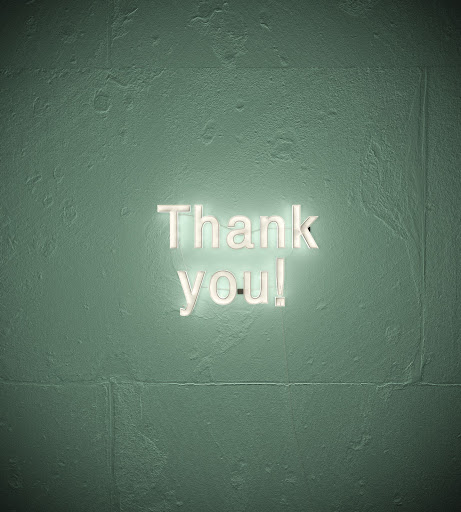
I get by with a little help from my friends [colleagues]
“If you’ve created a work culture where vulnerability isn’t okay, you’ve also created a culture where innovation and creativity aren’t okay.” ―Brené Brown
I don’t know about you, but I have a hard time asking for help. In fact, I hate it. It always feels like I’m admitting defeat if I can’t handle a request or take on an additional project. I’ve always attributed this character trait to being the oldest child. For me this has meant being independent and goal-oriented, working hard to please and taking charge. This has generally worked out okay for me: I have a job I love that challenges me and I’ve been able to take on increasing levels of responsibility.
This ends up not sounding so bad, but this month everything changed and I was forced to rethink how I thought about my independence and what vulnerability looks like when we’re faced with challenges. In January, my son was born premature. This event made me rethink my own vulnerability and let go of any shame I had attached to asking for help from both friends and family. Friends to watch our dog. Help to paint our son’s room so it would be ready for him to come home. Someone to bring hot tea to the hospital and just sit with me in the special care nursery when I was feeling overwhelmed. This meant being vulnerable and asking for the help we needed.

So what does this have to do with librarianship?
In librarianship, I think we’re often eager to make things happen and to help our patrons, taking on increasingly large projects and spreading ourselves thin — often at the cost of our own well-being. We’re tackling considerable issues: big publishers and rising costs, fake news, textbook affordability, open access and more. In order for us make strides with these issues, we need to lean into our vulnerability. How can we do this?
Admit we don’t have the answers. By sharing with others that we don’t have all the answers, we can encourage others around us to be creative and generate new ideas (Fast Company).
Be authentic. Share how you feel and be honest. By checking in and being empathetic to others we can improve communication (Fast Company).
Ask for help when we’re struggling. When you can’t handle something, ask for help. It’s important to keep in mind that we can’t do it all alone (Psychology Today).
Model vulnerability. Everyone has things that make them vulnerable. By sharing our vulnerabilities with others, we can normalize these feelings and emotions and everyone can benefit (Inc.).
Life and work are complicated, and it’s increasingly difficult to leave work to the 9-5. The challenges we face are not simple, and in order to move forward and create positive change, we need each other. We need to make ourselves vulnerable and to lean on our colleagues, collaborating and asking for help when we need it.

This is my last InsideOCULA article as OCULA President. It’s been an adventure over the past year and I’ve learned a great deal, not only about our membership but also about myself as a professional. As I began to wrap up my presidential responsibilities this month, life threw me a curve ball and I’ve had to lean increasingly on my Vice-President/President-Elect, Cyndi Smith, and Sarah Shujah, our Past President. I’m grateful for their support and willingness to jump in. I’d also like to thank every Council member for their thoughtful contributions and dedication to the work of OCULA.
A very big thank you to:
- Cyndi Smith (Vice-President/President-Elect)
- Sarah Shujah (Past President)
- Jennifer Browning (Councillor-at-large)
- Andrew Colgoni (Councillor-at-large)
- Monique Flaccavento (Councillor-at-large)
- Abeer Siddiqui (Councillor-at-large)
- Aliya Dalfen (Councillor-at-large)
- Matthew Rohweder (Super Conference Co-Planner)
- Zack MacDonald (Super Conference Co-Planner)
- Graeme Campbell (Editor-in-Chief, InsideOCULA)
In addition, a huge thank you to the OLA staff as the work we do would not be possible without their continued support. I’m looking forward to 2019 as we welcome our new council members and prepare a variety of events for our membership, including 2 new free webinars and our Spring Conference. It’s going to be a great year.
Melanie Parlette-Stewart is the Digital Media Librarian at the University of Guelph Library. She is also the 2018 OCULA President. She can be reached at mparlett [at] uoguelph.ca.
References
Dalla-Camina, M. (2016). Can you be vulnerable at work? Psychology Today. Retrieved from https://www.psychologytoday.com/intl/blog/real-women/201611/can-you-be-vulnerable-work.
Deutschendorf, H. (2017). 7 situations where vulnerability is the best management strategy. Fast Company. Retrieved from https://www.fastcompany.com/40503371/7-situations-where-vulnerability-is-the-best-management-strategy.
Morgan, J. (2017). Why embracing vulnerability is crucial to workplace success. Inc. Retrieved from https://www.inc.com/jacob-morgan/why-embracing-vulnerability-is-crucial-to-workplace-success.html.
Image credits
Cover image: Photo by Robert Baker on Unsplash.


